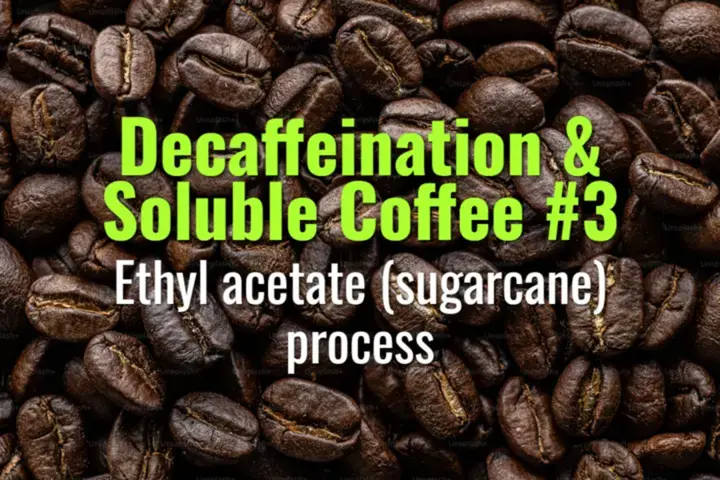
Ethyl acetate (sugarcane) process
How the ethyl acetate (EA) process—often called the sugarcane method—decaffeinates coffee using a naturally derived solvent while maintaining desirable flavor qualities.

How the ethyl acetate (EA) process—often called the sugarcane method—decaffeinates coffee using a naturally derived solvent while maintaining desirable flavor qualities.
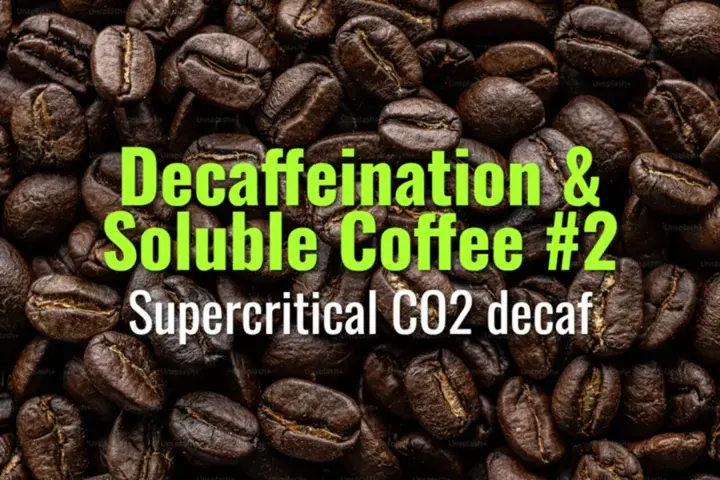
How the supercritical CO₂ process removes caffeine from green coffee beans using pressurized carbon dioxide, balancing efficiency and flavor preservation.
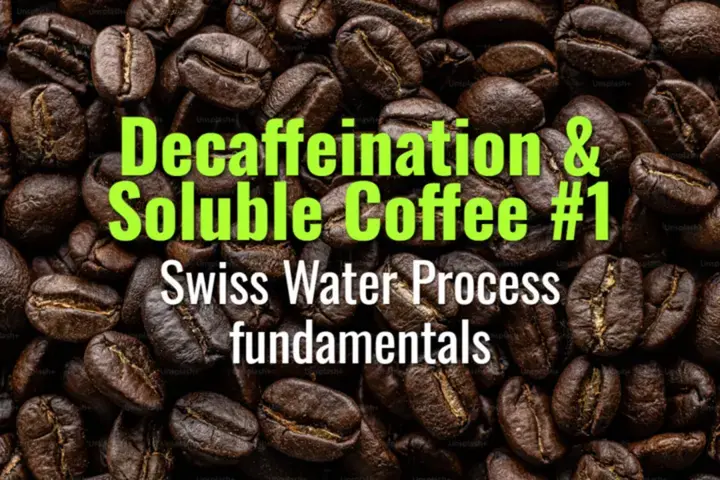
How the Swiss Water Process removes caffeine from coffee beans using water and activated carbon, preserving flavor without chemical solvents.

This topic explains how moisture migration occurs inside coffee shipments, why condensation (“container rain”) is a risk, and the strategies used to protect green coffee quality during transport.
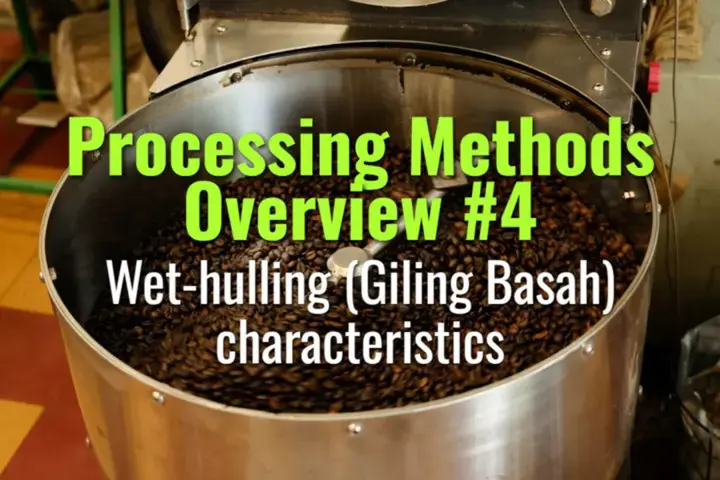
This topic introduces the wet-hulling (Giling Basah) method, a unique coffee processing style from Indonesia, explaining its steps, flavor characteristics, and market significance.
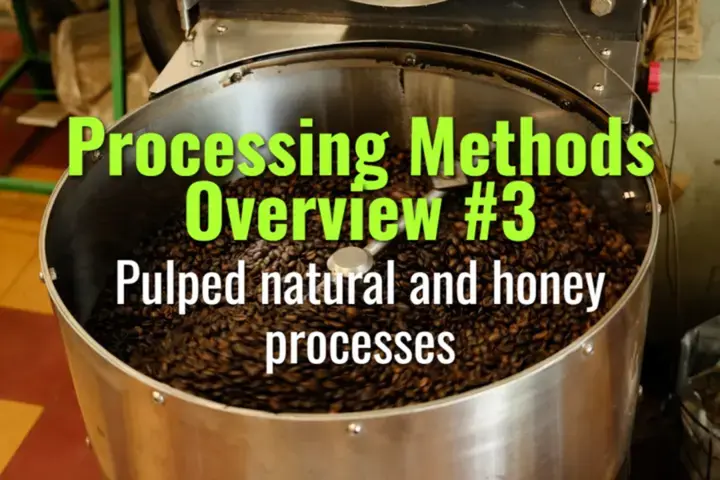
This topic explains the pulped natural and honey processing methods—hybrids of washed and natural approaches—highlighting their steps, flavor outcomes, and significance in specialty coffee.